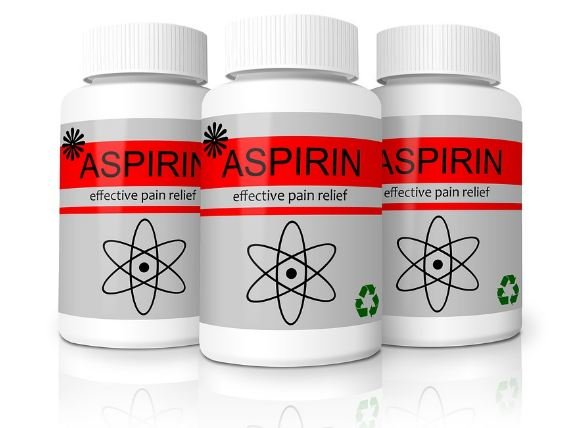Breastfeeding is a crucial and intimate bonding experience between a mother and her baby. Ensuring the safety of medications while nursing is of utmost importance. If you have been prescribed Paxlovid (Nirmatrelvir), an antiviral medication used to treat COVID-19, you may be wondering whether it’s safe to continue breastfeeding. Let’s explore the key information regarding Paxlovid and breastfeeding.
Paxlovid is a relatively new medication, and its specific effects on breastfeeding infants have not been extensively studied. While there is limited data available, experts suggest that the low exposure of Nirmatrelvir to a breastfeeding infant makes it unlikely to cause harm.
It is important to note that Nirmatrelvir is not well absorbed when taken orally and is not expected to be present in significant amounts in breast milk. Furthermore, Nirmatrelvir is rapidly metabolized by the liver, decreasing the chances of transfer to breast milk. Given these factors, the risk of adverse effects on the nursing infant is considered minimal.
However, as with any medication during breastfeeding, it is advisable to discuss its usage and potential risks with your healthcare provider. They can evaluate your specific situation and assess whether Paxlovid is appropriate for you while breastfeeding.
To minimize the potential risks further, a few precautions can be taken. For instance, it may be helpful to time the medication dosage just before your baby’s longest sleep or nap time to reduce the amount of Nirmatrelvir in breast milk during direct feeds.
Additionally, closely monitoring your baby for any unusual symptoms or changes in behavior is essential. While no significant adverse effects have been reported, it is crucial to stay vigilant and report any concerns to your healthcare provider promptly.
In conclusion, while there is limited data on the safety of Paxlovid (Nirmatrelvir) use during breastfeeding, existing evidence suggests that the risk to nursing infants is minimal. However, consulting with your healthcare provider and carefully monitoring your baby for any changes while on this medication is crucial. Your healthcare provider will be able to provide the most accurate and up-to-date information based on your individual
About the Author
Reyus Mammadli is the author of this health blog since 2008. With a background in medical and biotechnical devices, he has over 15 years of experience working with medical literature and expert guidelines from WHO, CDC, Mayo Clinic, and others. His goal is to present clear, accurate health information for everyday readers — not as a substitute for medical advice.







